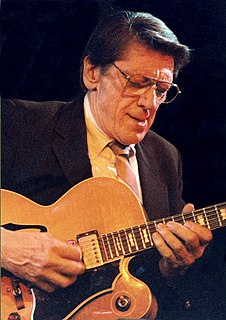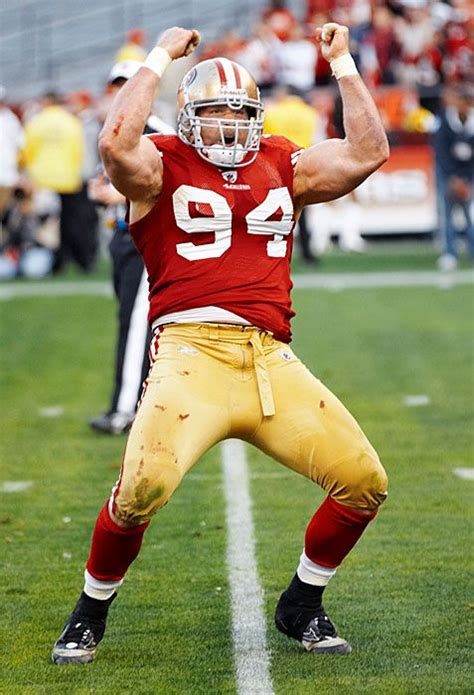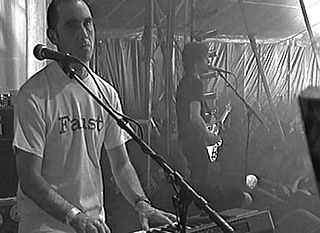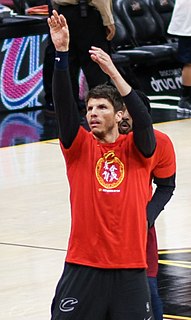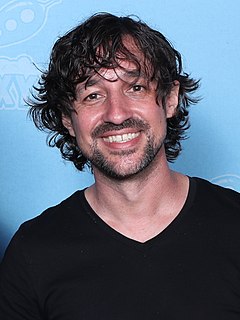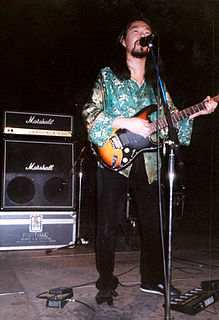A Quote by Tal Farlow
What I think I do is to relate any new material to how similar it is to something else. The closest that I can come up with something that's already in my experience, the easier it becomes. All I have to do then is remember where it differs, like relating a chord sequence that comes from some other tune, or several different tunes, or maybe parts of them and then work it from there.
Related Quotes
I've been spinning dance music since 1990, and genres always come and go. I think as technology becomes more accessible and it's easier for people to make music, they come and go quicker now, but it just comes with the territory. You come up with something new, something hot, and it rocks for a year. It's nothing different from any other genre of music. I mean, name one genre that's sounded the same for its entire existence. It doesn't happen.
I tend to work in the mornings, then take a few hours off in the afternoon to walk the dog, and then come back and work in the evening. So, if I can remember my pre-dog walking music when I get back then that's fine, I'll kind of commit to those bits, but if I can't remember them I'll just move on to something else.
You know how hard it's been to write material? Because to do stand-up comedy, it takes time for the material to develop. So you'll come up with a joke, you'll tweak it, you'll work it for six months, you really fine tune it, and now you've got a good bit. Well, with Trump, every day there's something new coming out.
I only try to talk to people about things I really do use in my shot. If I see something similar and something that will help them, then you try to come to them and say, 'I think I might have something for you. Think about it if you like it.' If they do, and they want to keep talking about it, then I will.
Whenever I'm doing any film, there's always three different things. There's the script, which is really just a blueprint. And then, you shoot the movie and it's an entirely different experience than you would expect from reading the script. And then, there's the whole post process and the editing, and it becomes something else entirely.
[A]s soon as you try and take a song from your mind into piano and voice and into the real world, something gets lost and it's like a moment where, in that moment you forget how it was and it's this new way. And then when you make a record, even those ideas that you had, then those get all turned and changed. So in the end, I think, it just becomes it's own thing and really I think a song could be recorded a million different ways and so what my records are, it just happened like that, but it's not like, this is how I planned it from the very beginning because I have no idea, I can't remember.
I think that initially all I wanted to do was work as an actress, and then, as I started to work more consistently, you start to maybe want to challenge yourself in different ways, so I think it's something that developed over time - this desire to direct and also to produce. I think as you watch other actresses do it so successfully and so gracefully, you're like, I think that would be fun! It's definitely something that has become more of a priority for me.
I think that one of the ways that Americans will come to want to look at history is by looking at their own families' histories, and how those stories relate to the larger picture of American history. Then it is no longer abstract. Then it becomes a story that really means something to us as individuals.
As an artist you have to find something that deeply interests you. It's not enough to make art that is about art, to look at Matisse and Picasso and say, how can I paint like them? You have to be obsessed by something that can't come out in any other way, then the other things - the skill and technique - will follow.
I've often tried to describe how memory works. I've suggested this to students, and told them to close their eyes and try to remember what I look like. Then I ask them if they remember what I look like. But when you open your eyes you will be surprised how different what you thought I looked like is to what I actually look like. Because the imagination is a different raw material from actual vision. Memory is very different from the thing itself.
I would be happy if I could meet some musicians interested in different acoustics and traditional music. Maybe I will find some Native American or Latin tunes. Anything. Even maybe a great heavy metal guitar player or drummer, and we can do something wild together. My next step is making more music without formats or borders. Not just simple songs or doing covers, but music with more ideas. I think it will again be a synthesis with something else.
